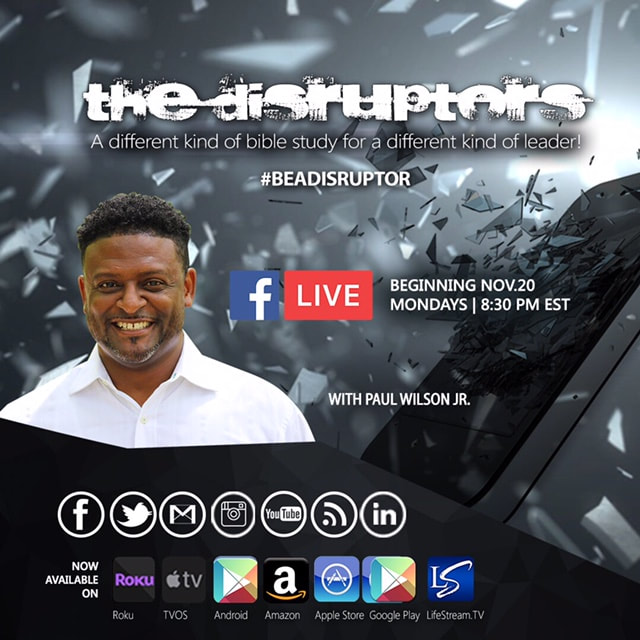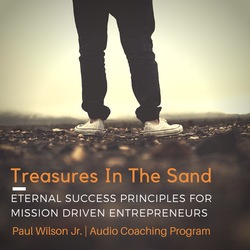|
"Ideas can and do change the world," says historian Rutger Bregman, sharing his case for a provocative one: guaranteed basic income. Learn more about the idea's 500-year history and a forgotten modern experiment where it actually worked -- and imagine how much energy and talent we would unleash if we got rid of poverty once and for all.
One of the things I appreciated the most about Mr. Bregman's presentation was how he highlighted the fact that many people think those in poverty need to be "fixed" because of what outsiders see as poor decision making due to a lack of knowledge, character, or both. Now it's true that studies have shown that the poor tend to make decisions that often compound their situations. However, what is often overlooked or misunderstood is that their decisions are not necessarily due to a lack of intelligence or poor worth ethic. Their decisions are often driven by oppressive circumstances that push them into modes of survival more than sustainability. So one could argue that very likely that most people put in the same circumstances, regardless of their level of intelligence or character, would make the same decisions.
In America it's amazing how closely we live near people in poverty without even recognizing it. A recent article, A City Divided by Income, was published by WABE.org that highlighted the income divide in three distinct parts of Atlanta, which are divided by income status. The article focused not on three different cities, but three different divisions within the same city - upper, middle, and lower class - which is probably not much different than most metro areas in the US. From the authors: We decided to do this project because we wanted to show people that poverty is not an issue that is far away from them; it is in their backyard. All of these neighborhoods were within 30 minutes of each other, but they were drastically different. We want to break the bubble that many wealthy people live in and show them that poverty is an issue that needs to be addressed. Read the full article at http://news.wabe.org/post/city-divided-income
I'm always excited to find out about programs that focus on helping youth and young adults find meaningful employment. So I was really inspired to learn about Workforce Opportunity Solutions, based in New York City, focused on transforming early career professionals by cultivating their talents. They connect leading companies with a network of thousands of ready-to-work professionals who reflect diverse communities and customers.
We need more organizations like this around the country that combine education and work opportunities to equip underserved youth to create a positive future. Keep up the great work WOS! You can learn more about similar services we're providing in Atlanta through Kinsman Community to prepare underserved youth and young adults for the workforce and success in life at www.mykinsman.org. The average cost per prison inmate per year to US tax payers is more than $31,200 and some states are as high as $60,000 (and these numbers are a few years old). In fact, certain states spend nearly three times as much to house prisoners than to educate students. And that's not counting all the negative family, social, emotional, mental, and community impact that's connected to each person who is incarcerated.
Of course we know that unemployment has a strong correlation to criminal activities. Further, studies have shown that youth crimes go down when they get jobs. So why haven't we connected the dots to see that if more jobs are needed in urban communities to help people take the initial and essential steps break generational cycles of poverty, we look to small businesses as a primary source of job creation? I tackle the answer to that question in my online course, Business as Mission 2.1 Community Jobs Program. This innovative and dynamic online course merges the best practices and ingenuity that missional Christian entrepreneurs have successfully used for years in third world countries and applies them to inner cities and urban areas in America. It is a very unique course in that it combines effective strategies from the areas of 1) economic empowerment, 2) social engagement, and 3) spiritual enrichment. By the end of this course you will have a strategic playbook to make a significant impact in your community by integrating social entrepreneurship and urban missions in a compelling way. I believe we can be more effective in dealing with crime prevention, in particular strategies to create jobs for at-risk youth and young adults who are most susceptible to committing crimes. And Business as Mission 2.1 will do just that! We can do more to develop solutions that change lives financially, socially, and spiritually. Let's do it together for the sake of our future! Just click below to get started...
To live outside of God’s will put us in danger; In today’s society the concept of vocation has lost much of its original meaning. Most people connect the word vocation to having a job. Interestingly, it originated in the 15th century from the Latin word, vocatio, which means summons or to call. So the essence of this word vocation is not a job, but a calling. Therefore, you should not look at the business God has called you to build as just the work you do. You should look at it as your God-given calling within His Kingdom. There is no such thing as sacred and secular within the Kingdom of God. Work is sacred, just like what would be considered traditional ministry is sacred. Being a secretary is as sacred as being a pastor. Being an entrepreneur is just as sacred as being a prophet. When you understand working in all you do as unto the Lord, you come to the realization that anything you do for God is sacred. And although there are many different gifts, offices, and roles within the Body of Christ, each one of them is needed and necessary to bring the manifestation of God’s Kingdom to the earth. Further, while a different anointing is needed to minister effectively from the pulpit versus ministering effectively in the marketplace, one is no more valuable than the other. They are just different. You are the church whenever and wherever you do business, which means you are in full-time ministry whether you knew it or not.
So stay in your lane. Don’t feel pressured to pursue a pulpit in order to find significance in the Kingdom. You don’t have to feel like a second-class Kingdom citizen if God didn’t call you to operate in a church ministry position. God has positioned you right where He wants to get His greatest glory out of you. As we roll into the final month of the year, entrepreneurs and small business owners often try to balance two important thoughts: 1) focusing on ending the year strong and 2) evaluating how their business performed over the past 11 months. Alas that's the life of an entrepreneur, constantly going back and forth between maximizing the present and positioning for the future.
So if you are currently in the mode of evaluating your business or maybe even reconsidering why you started the business in the first place, I have some encouragement for you. Here are 3 reasons why your small business is a BIG deal... 1) Provides Income. Whether your business is a side hustle or your main source of income, at least it's producing something. You may not be making as much money as you want to, but imagine if you didn't have your business at all. And if you have made money in the past that means you definitely have the potential to make even more in the future. 2) Creates Jobs. Small businesses are the main economic engine and job creators in this country. You greatly impact someone else's livelihood when they are on your payroll. Whether you are already employing people or your business has the potential to do it down the line as you grow, you are doing a great service for your community and your country. 3) Inspire Others. Hope deferred makes the heart sick, but a dream for field is a tree of life (Proverbs 13:12). Hope is contagious. Sometimes just seeing someone else pursue their business dream inspires people to chase their own. Whether you have reached all or business goals or not, you are still further ahead than many people who are still in the sidelines. So if you ever get down on yourself about the current state of your business just remember that you're probably having a bigger impact you think you are. Keep up the great work! Any career coach will tell you that networking is not just about who you know, but it's just as important about who knows you. A soon-to-be published study by Adina Sterling, an assistant professor at Stanford’s Graduate School of Business, and Jennifer Merluzzi, of Tulane, analyzed hiring and employment data of a large, private company over the course of 11 years. Their findings reveal that referrals were responsible for more promotions among African-American employees. According to their research: Knowing somebody in a company prior to joining — someone coming through, for instance, a referral — helps people develop more robust networks inside firms... Those hired through a referral were more likely to stick with the employer longer. Likewise, those with friends in a company tended to do less shopping around for a better offer because it could reflect badly on the friend already working there. The more things change, the more things stay the same. It remains true that the further you plan to go in your career, the more you will need referrals and recommendations from influential leaders. Keep those networking skills sharp!
Click here to read the full article at fastcompany.com. How have referrals helped you progress in your career? Please leave your comments below... The summer is over and most of the kids around the country are back in school now. Of course many of them who were able to get summer jobs used their money on new clothes, school supplies, and other things teenagers typically like to buy. Unfortunately, though, for many teenagers who are back in school, what used to be a common activity over the summer to earn income is becoming less common.
According to this article in Bloomberg Business, "at 41.3 percent, the July labor force participation rate of teens was the lowest for the month in the post-World War II period." The article goes on to say that what they believe are the three primary factors for this precipitous drop:
That also means we must be proactive in creating opportunities, such as entrepreneurship training, to equip our youth to learn these necessary skills. Why do you think teen employment is so low? What if anything can the church do about it? Read the entire article: http://www.bloomberg.com/news/articles/2015-08-07/why-american-teens-aren-t-working-summer-jobs-anymore Success in business can come from some unexpected places. Jackets for Jobs, Inc. in Detroit is a great example of this. This incredible organization, founded by Allison Vaughn in 2001, provides unemployed women with business attire and mentoring, while helping them find jobs. Since they started, they have helped over 16,000 women. I love this quote by Ms. Vaughn:
When Jesus tells us to help the "least of these," I believe many Christians struggle with seeing how that applies to our businesses. However, this powerful story is a great example of how following your dream can make a significant impact in your community.
I encourage you to ask God how He wants you to use your dream to impact your community. Click here to read the full article: http://www.huffingtonpost.com/alison-vaughn/how-dressing-the-unemploy_b_8033112.html |
Watch The Disruptors Streaming Bible Study!
Struggling Christian entrepreneur? My new ebook was written just for you!
Get the app that connects your career, calling & community!
Connect Your Faith With Your Work

Dream B.I.G. in 3D will take you on an internal treasure hunt to connect your career path to your purpose. Click here to learn more...
Popular PostsArchives
February 2018
Categories
All
Link RollAmos Johnson Jr.
Brotha Online Magazine Business as Mission Greater Seas Marketplace Chaplains Metro Merge Milestone Motivation Partners Worldwide Sacred Enterprises The High Calling TIFWE.org |
|
Contact us today: 678.310.3017 ❖ [email protected]
© 2009 - 2024 Paul Wilson Jr. All rights reserved. |

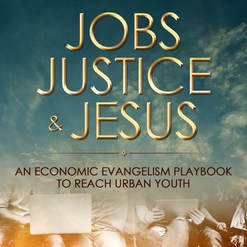
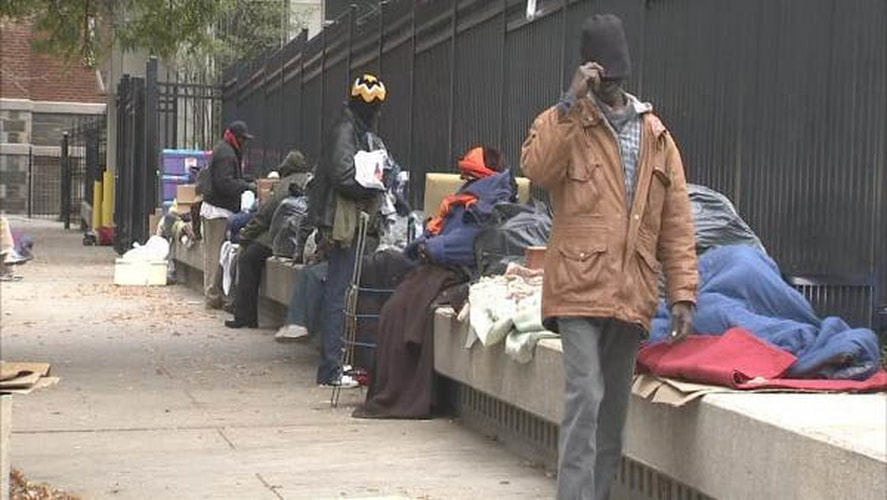

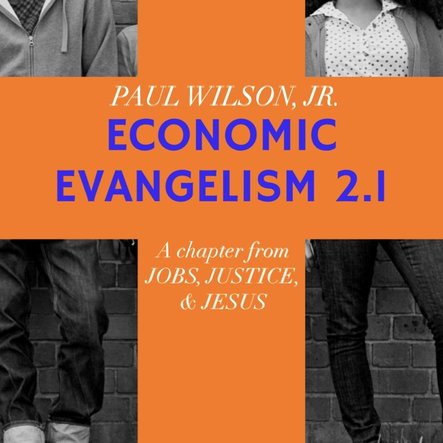





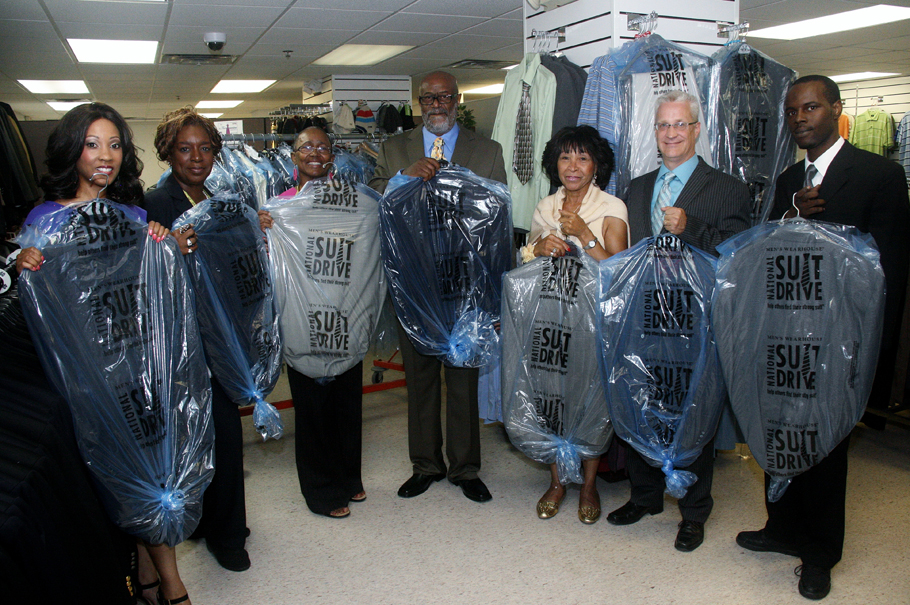
 RSS Feed
RSS Feed
